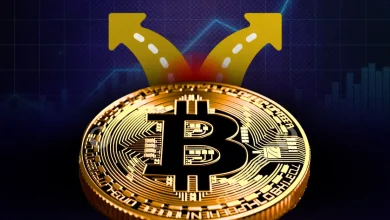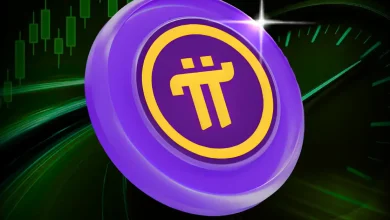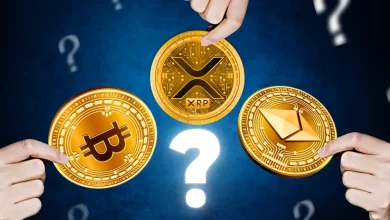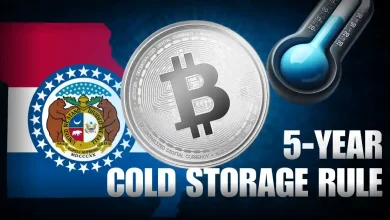Why the U.S. Is Hesitant to Buy Bitcoin While Other Nations Race to Build Strategic BTC Reserves
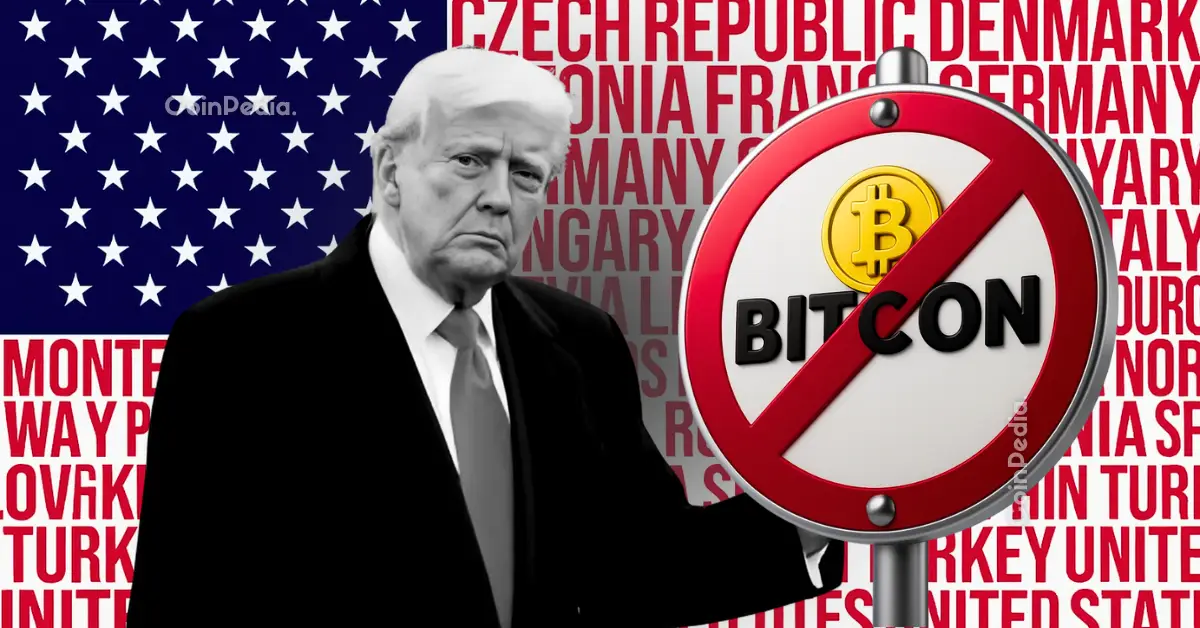
The U.S. risks falling behind in the global Bitcoin race as it waits for other nations to start accumulating BTC before activating its own strategic reserve.
With experts warning that Bitcoin could hit $1M by 2033, analysts urge the U.S. to move faster as countries like Pakistan prepare to buy BTC and gain advantage.
Bitcoin’s sharp slide from recent highs is challenging major bullish narratives, with the market shedding over $1 trillion in six weeks and Bitcoin dropping around 25–30% from its October peak amid higher U.S. interest rates, a stronger dollar, and fading hopes for near-term Fed cuts.
In the middle of this broader market bloodbath, America’s position in the global Bitcoin race is back in focus after entrepreneur Mike Alfred suggested the U.S. won’t begin accumulating Bitcoin for its proposed strategic reserve until other countries make the first move, a stance that’s intensifying concerns that while the U.S. waits, other nations may move faster to secure BTC at scale.
Waiting for Global Movement Before Acting
According to Alfred, the U.S. government is unlikely to make its first official Bitcoin purchase until there is “enough external pressure”, meaning other nations must begin accumulating BTC before Washington reacts. He explained that the government’s decision-making will likely accelerate only after it notices that foreign governments are moving decisively into Bitcoin.
This hesitation stands in contrast to the expectations of several industry leaders who have been urging the U.S. to strengthen its crypto strategy to avoid falling behind internationally.
A Race Toward Bitcoin as a Strategic Asset
Alfred expects Bitcoin to reach $1 million by 2033, a timeline slightly behind the 2030 targets set by ARK Invest’s Cathie Wood and Coinbase CEO Brian Armstrong. He believes that once Bitcoin hits seven figures, most countries will hold it as part of their national reserves, treating it much like gold, a standard strategic asset for global stability.
The U.S. has already taken its first administrative step in that direction. In March, President Donald Trump signed an executive order to create a Strategic Bitcoin Reserve, designed to accumulate BTC through budget-neutral methods. However, the reserve itself is still not officially active or fully established.
- Also Read :
- Why Are Bitcoin, Ethereum and XRP Prices Going Up Today?
- ,
Growing Calls for the U.S. to Speed Up
Industry analysts warn that slow action could leave the U.S. at a disadvantage. Galaxy Digital’s Alex Thorn recently said there’s a “strong chance” the U.S. may announce its first official Bitcoin holdings before the end of the year. Meanwhile, Bitcoin advocate Samson Mow urged U.S. officials to begin accumulating BTC immediately, cautioning that countries like Pakistan are preparing to buy Bitcoin, potentially positioning themselves ahead of America.
Progress Made, but Risks Remain
Alfred noted that only a few years ago, it seemed impossible that the U.S. government would even acknowledge Bitcoin, making the current policy discussions a meaningful step forward. Still, industry leaders warn that progress is not enough, if the U.S. waits too long, other nations may secure a strategic advantage in what many believe will become a major pillar of global finance.
Never Miss a Beat in the Crypto World!
Stay ahead with breaking news, expert analysis, and real-time updates on the latest trends in Bitcoin, altcoins, DeFi, NFTs, and more.
FAQs
It’s a plan to let the U.S. hold Bitcoin like a strategic asset. An executive order created the framework, but the reserve isn’t active yet.
Experts warn slow action could hurt the U.S., as countries exploring BTC purchases may gain an early advantage in future financial competition.
Many believe Bitcoin will reach much higher valuations, leading countries to treat it like digital gold and include it in long-term national reserves.
Trust with CoinPedia:
CoinPedia has been delivering accurate and timely cryptocurrency and blockchain updates since 2017. All content is created by our expert panel of analysts and journalists, following strict Editorial Guidelines based on E-E-A-T (Experience, Expertise, Authoritativeness, Trustworthiness). Every article is fact-checked against reputable sources to ensure accuracy, transparency, and reliability. Our review policy guarantees unbiased evaluations when recommending exchanges, platforms, or tools. We strive to provide timely updates about everything crypto & blockchain, right from startups to industry majors.
Investment Disclaimer:
All opinions and insights shared represent the author's own views on current market conditions. Please do your own research before making investment decisions. Neither the writer nor the publication assumes responsibility for your financial choices.
Sponsored and Advertisements:
Sponsored content and affiliate links may appear on our site. Advertisements are marked clearly, and our editorial content remains entirely independent from our ad partners.

